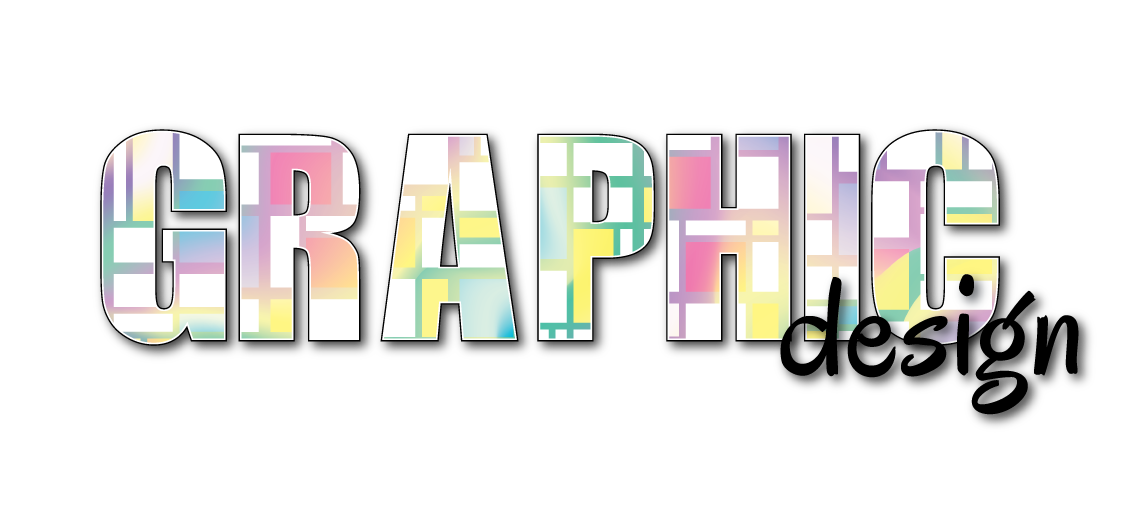Graphic Design
In House Graphic Designers

Save Big Money on Reprints
Logos and Trademarks
You can't underestimate the value of a well designed logo or trademark. It is at the centre of your brand in regards to a product or a business. This symbol carries the weight of your customers' perceptions, good or bad, real or not, established in many ways through experience, marketing, word of mouth, etc. This, coupled with your brand or product name, will become your image for which your market can identify you from the rest of the herd.
Good Design in Relation to Logos or Trademarks
Although the rules of logo design are not hard and fast, there are some basic principles that we try to apply while ensuring a good understanding of our customers' needs, such as company colours, the image that they are trying to create, examples, etc.
Our Deliverables and Principles
- Using colours which are consistent from print and screen
- Creating your works in a vector format to ensure the logo won't lose quality even if the logo is represented on a large billboard
- Solid, identifiable, easily reproducible shapes are the best way to go in general
- Creating a greyscale version which is consistent with the colour version
- Creation of a solid colour or line version and a single colour version for embroidery, screen printing, and single colour print
- Easily readable text in a style which is fitting
All styles of the finished logos will be kept on file, while the customer will receive a digital copy in EPS, JPG or GIF and PDF file types to ensure the file can be reproduced in all mediums.
DIY Design for Print
Some of our clients like to do their own in-house design, or set up the basic look of a job and allow us to finish it off. We are happy to print your works but can't guarantee the quality in relation to the resolution of the graphics and images you have used or whether the colours you have used are represented correctly when printed in CMYK. 9 times out of 10 things go fine, but if we see a problem that might have arisen after printing a proof we will let you know before we start the full print run.
We do Graphic Design for Printing
Graphic Design for Print works differently to designing for the screen.
Resolution
When designing for print the process is slightly different to designing for the screen. When designing for screens the resolution or DPI (dots per inch) only needs to be between 72 and 96 DPI, while when designing for print we generally use 300 DPI or more. This ensures that when the image or graphic is printed out, it will look sharp and clear without the blocky look you get by using graphics of a lower DPI.
CMYK versus RGB
When designing for the screen RGB is used (Red, Blue and Green), on any screen including your television at home it is made up of red, blue and green dots, the combination of these three colours at varying intensities make up the colours in your picture, the amount of colours that can be produced using RGB is over a million. CMYK (Cyan, Magenta,Yellow and Black) the colours used in print, has a far smaller spectrum or the amount of colours that can be reproduced. This is where the problem lies, if you design a print job using RGB the computer has to decide what colour in the CMYK spectrum is closest to the colour that is being displayed from the RGB spectrum, this could mean that the colours that are on the finished print job are slightly different to those represented on the screen, which can be a problem when dealing with things such as corporate colours, etc. We use CMYK Pantone colours in all our print jobs to ensure the colours we see on the screen will be as close as possible to the colours which appear on the finished product.
Page Layout
Adobe InDesign is a software application used by many professional print design companies including the Colour Copy Shop. This application is designed to help lay out print jobs correctly.
When laying out a print job the designer has to take into consideration things like creating a border which takes into account the feed edge (the edge of the paper which is not printed on but used to feed the paper through the machine) so you don't cut off any of your work when printed, Also Guillotining is a big consideration, almost all print jobs need guillotining as part of the finishing process, if a work is not set up properly in relation to guillotining consistency problems can occur.
